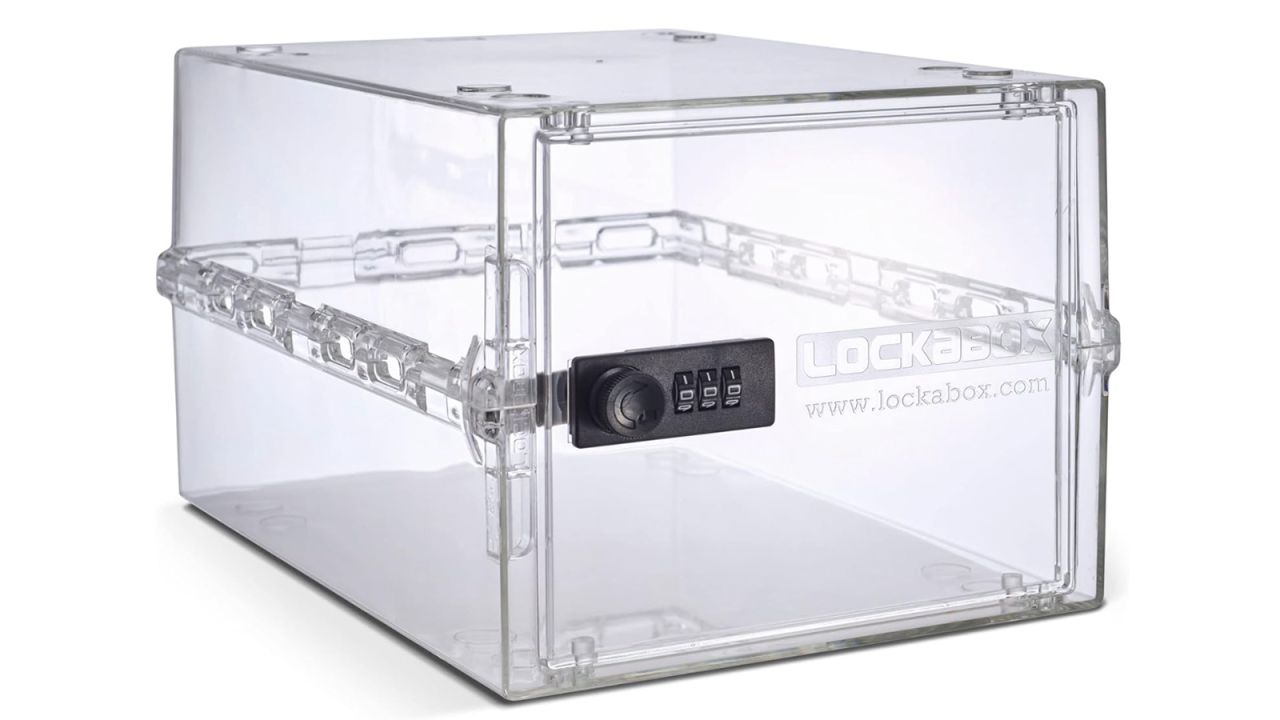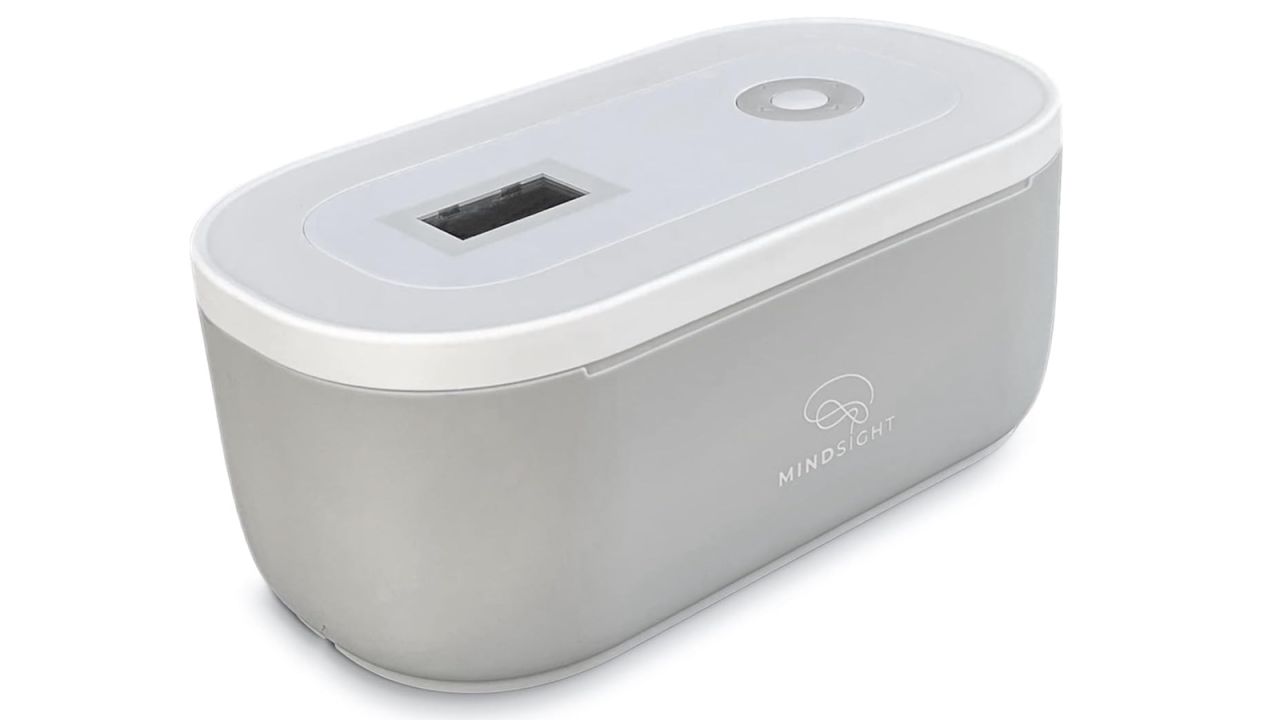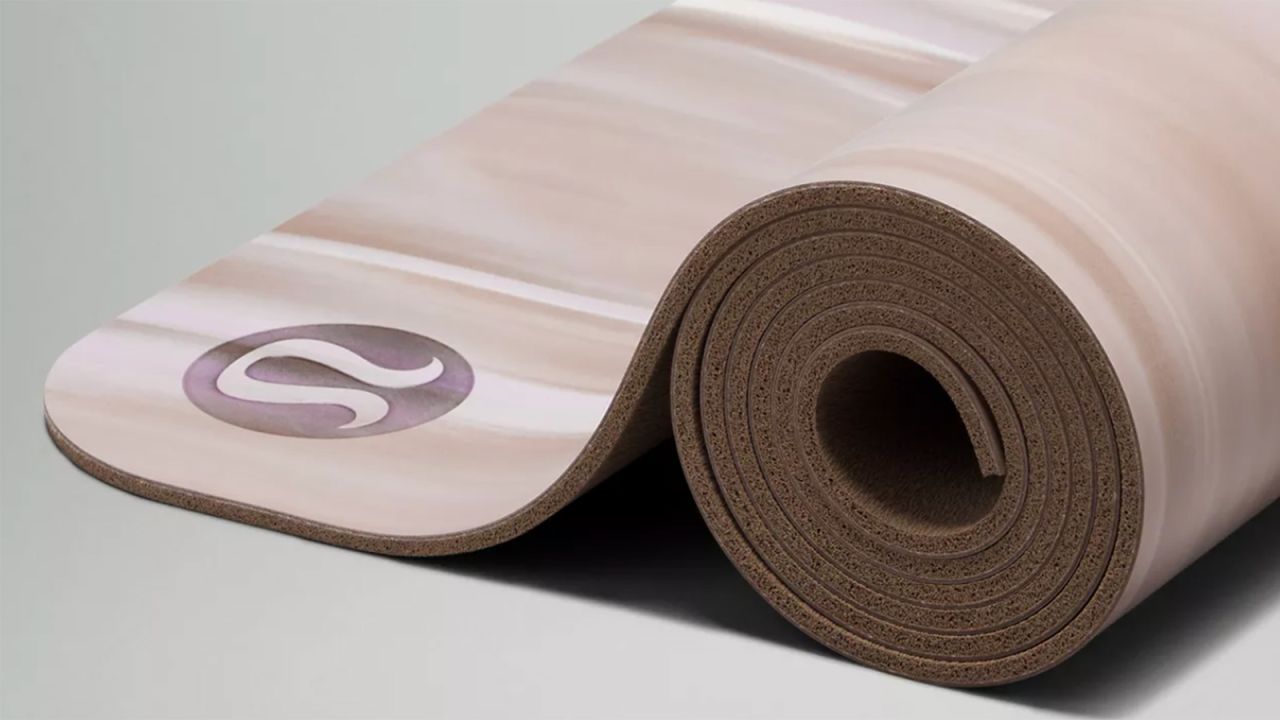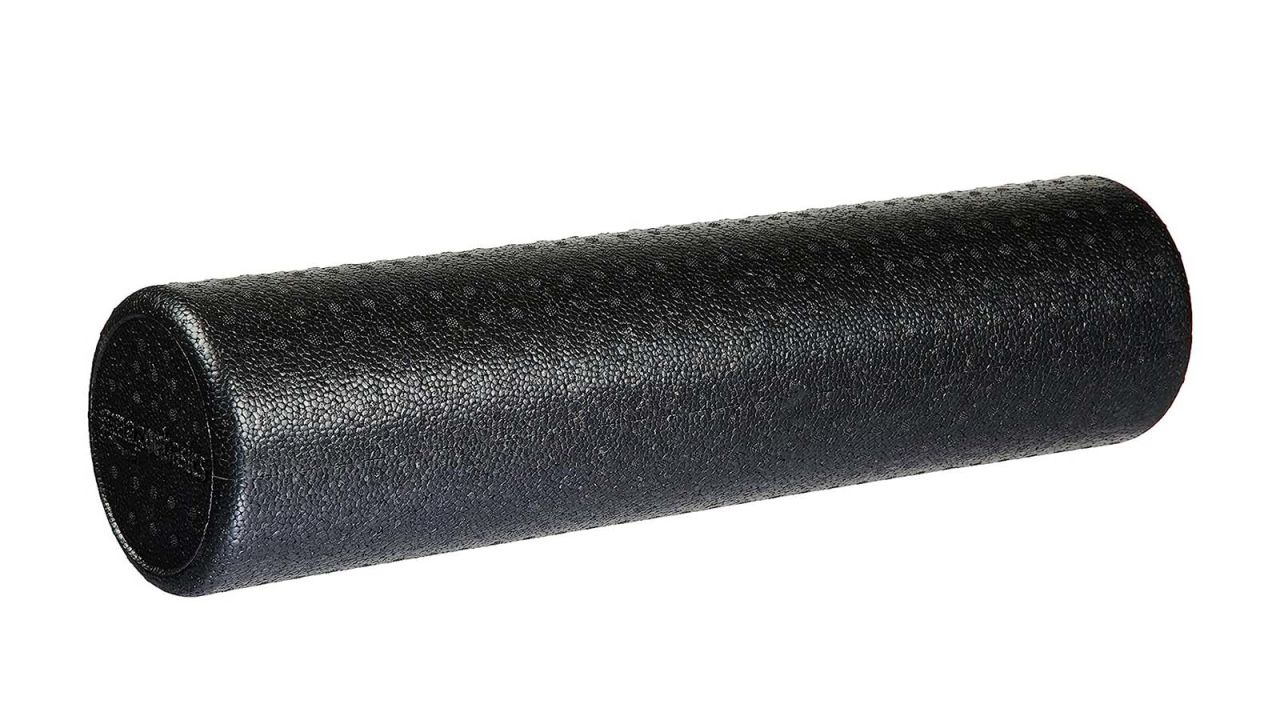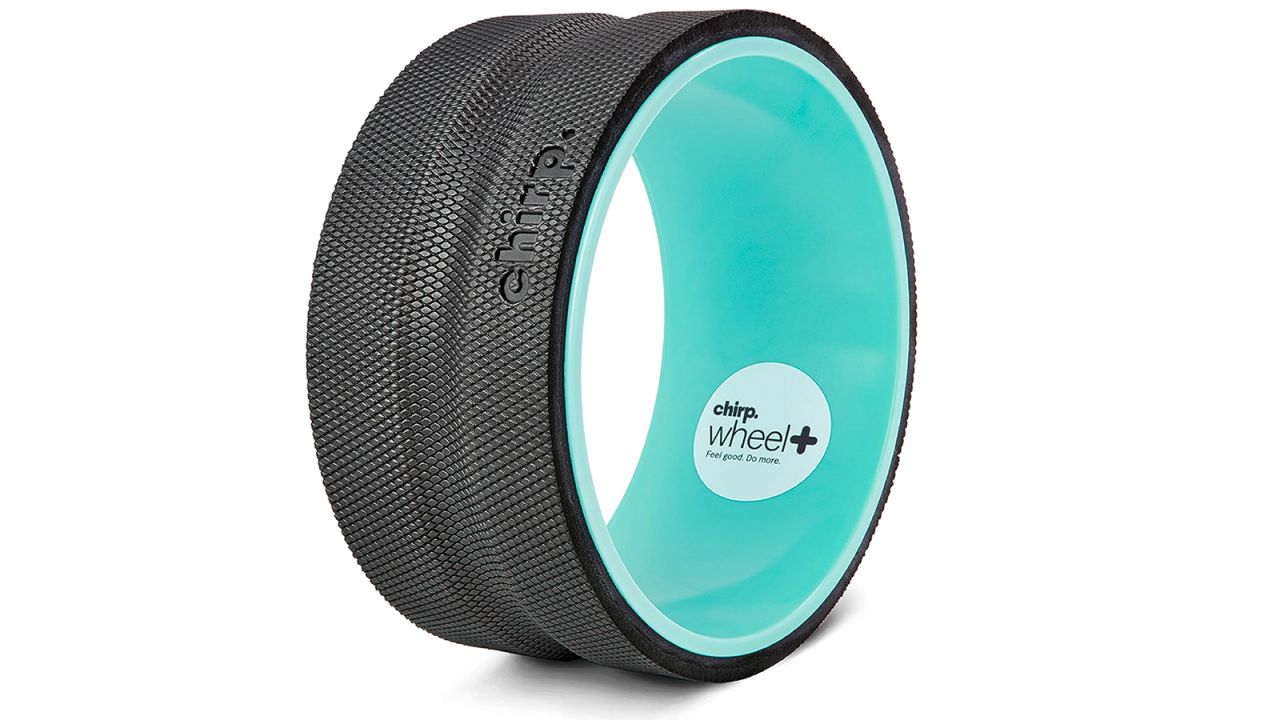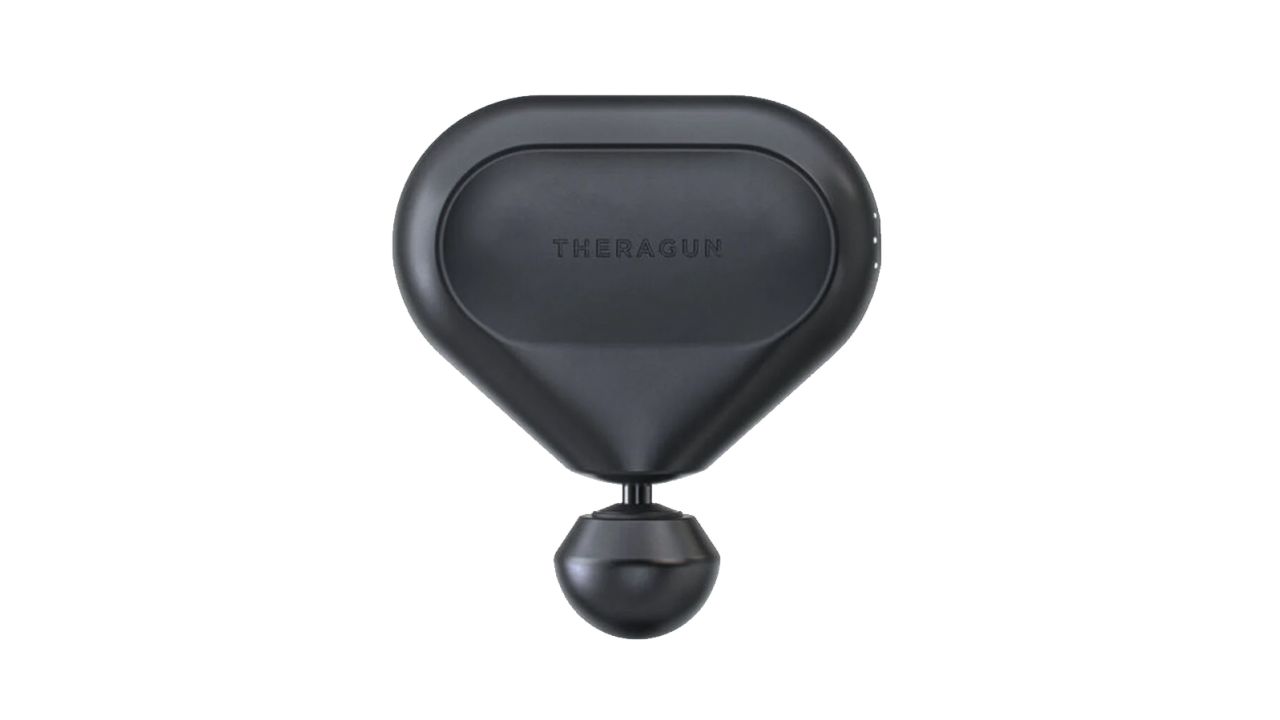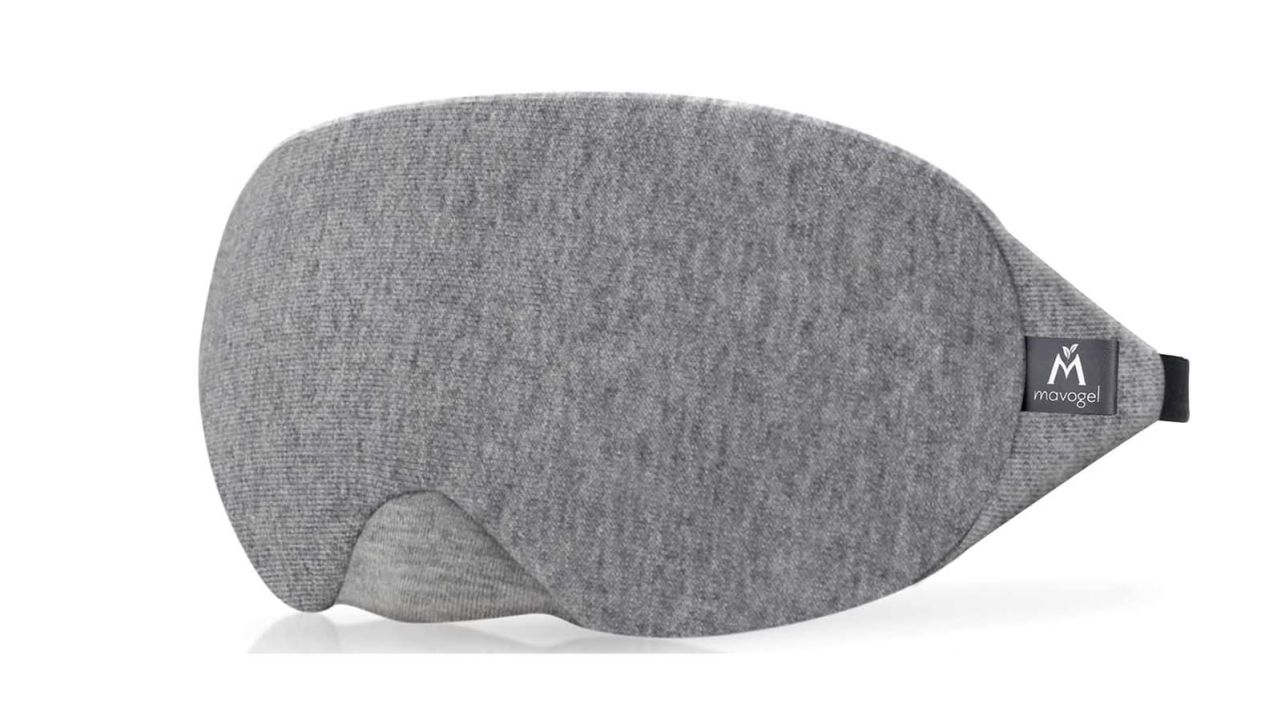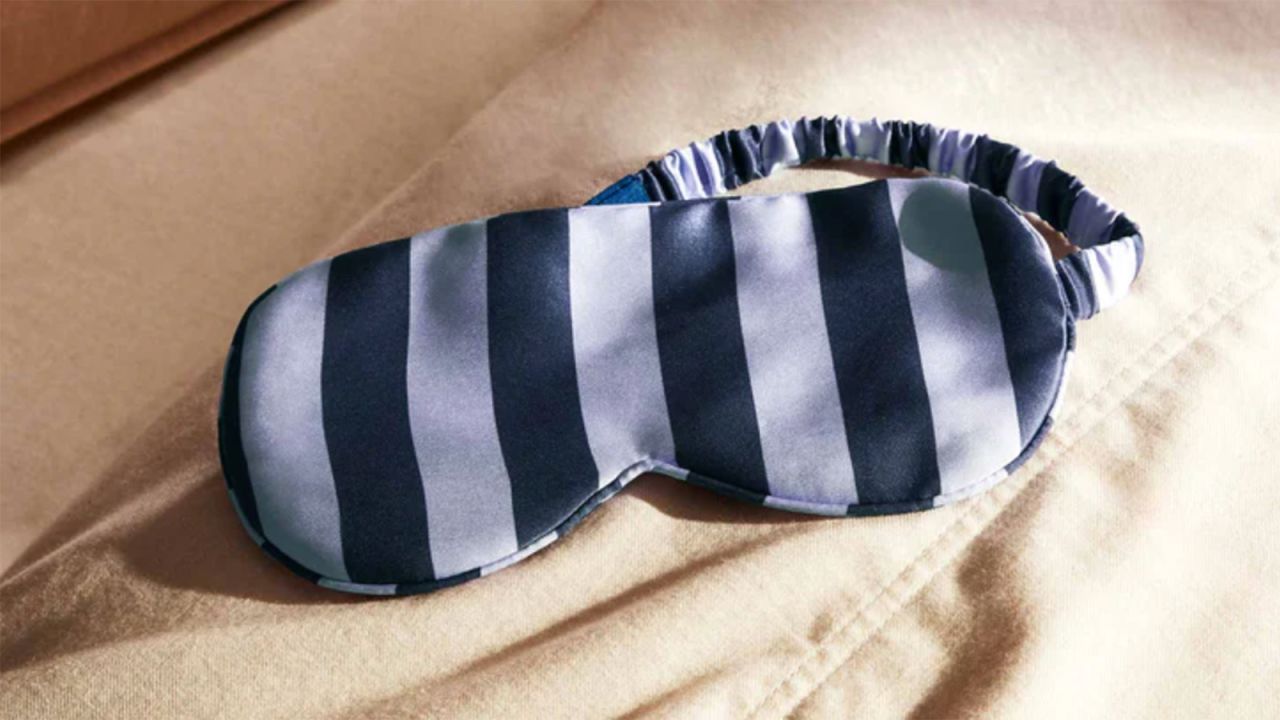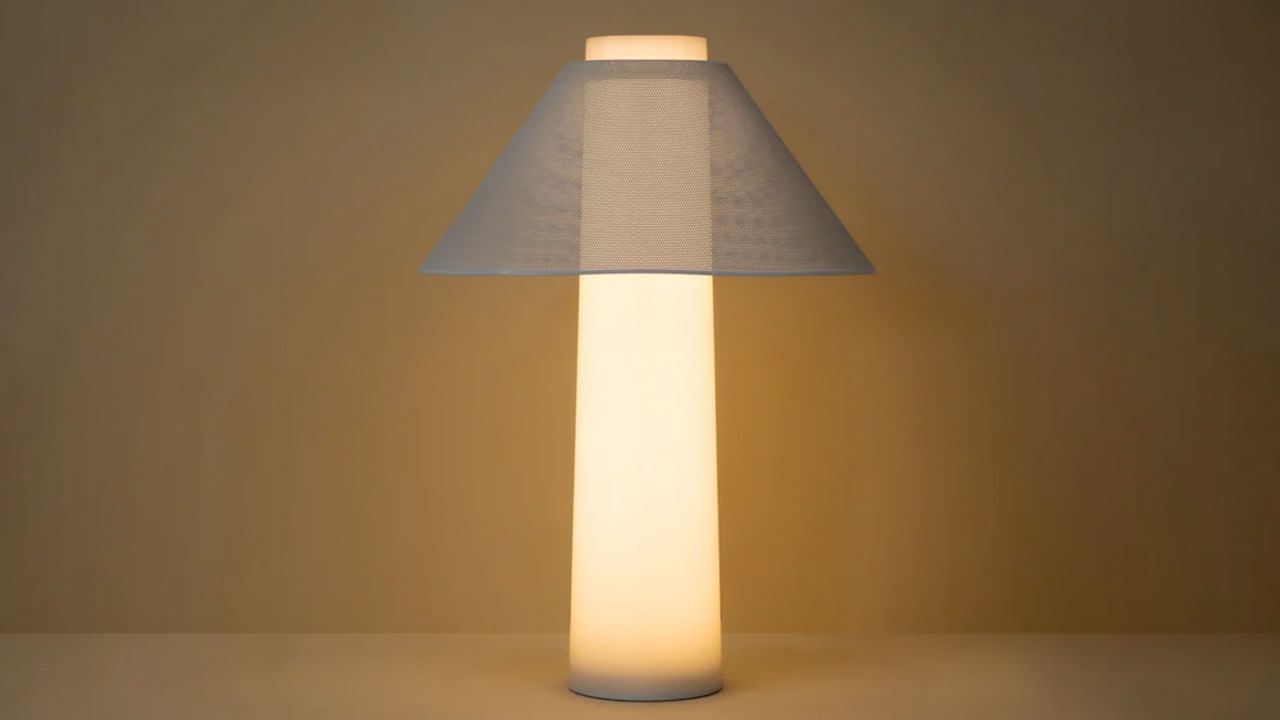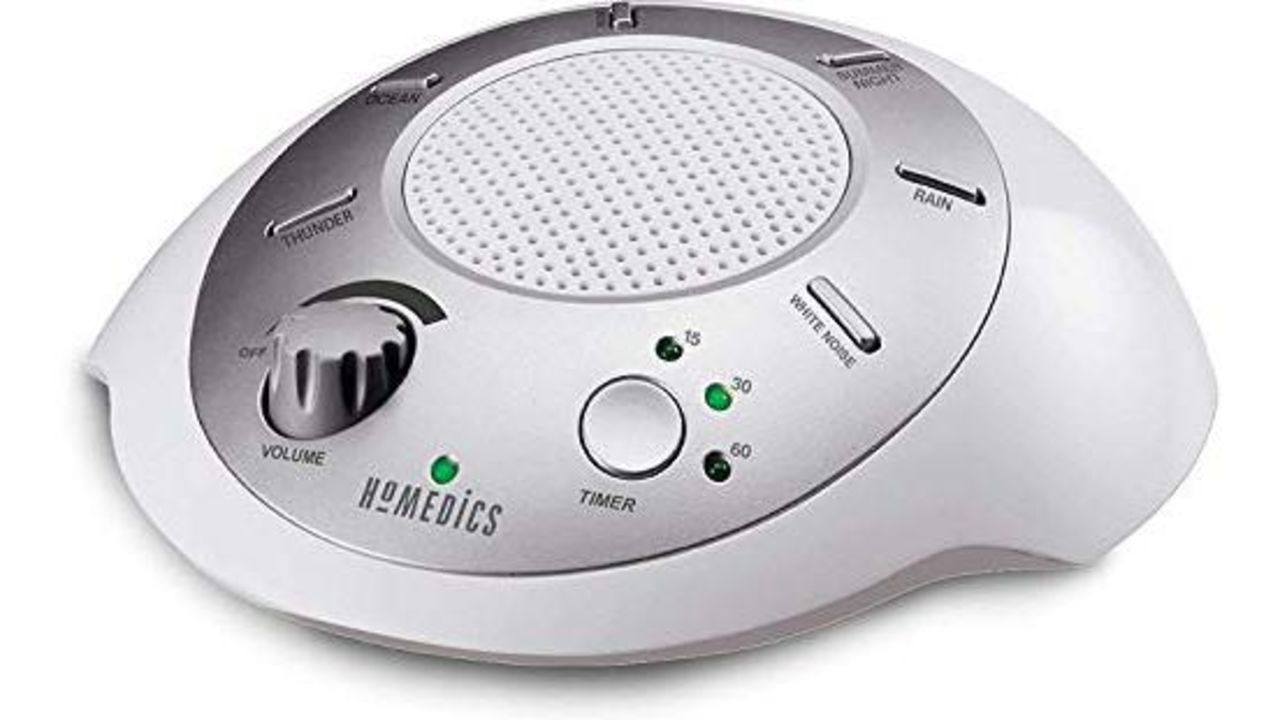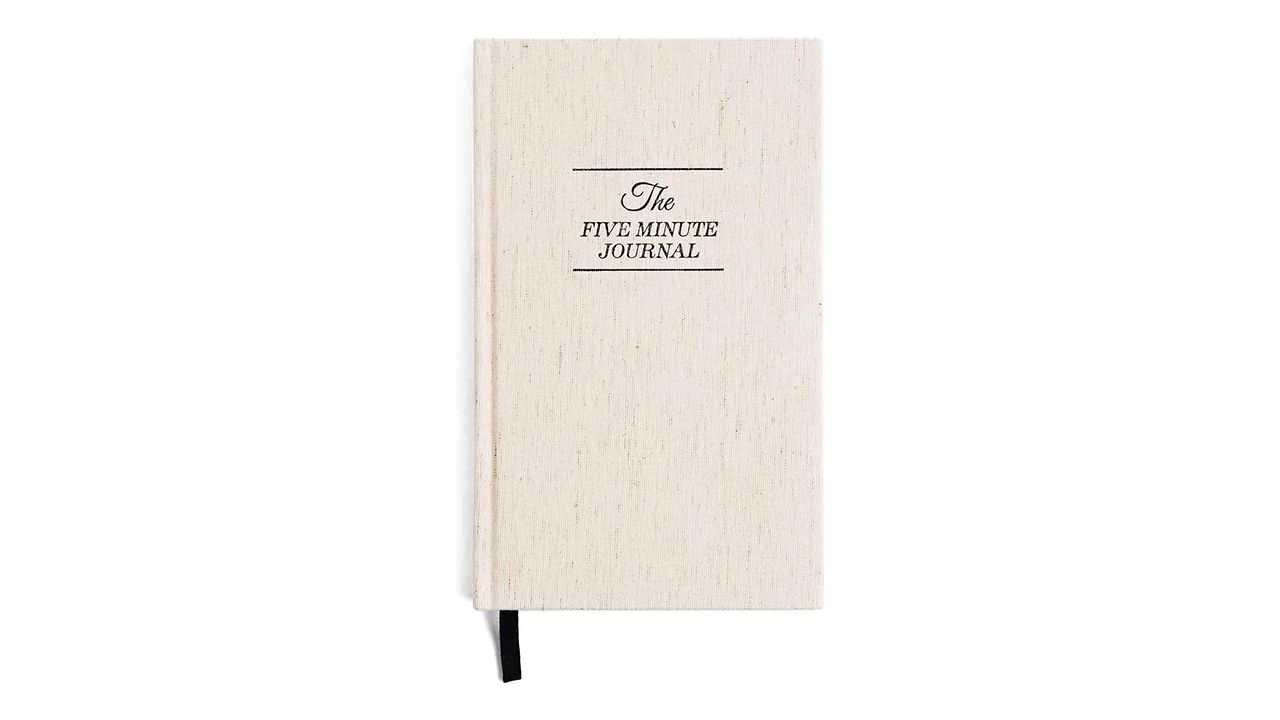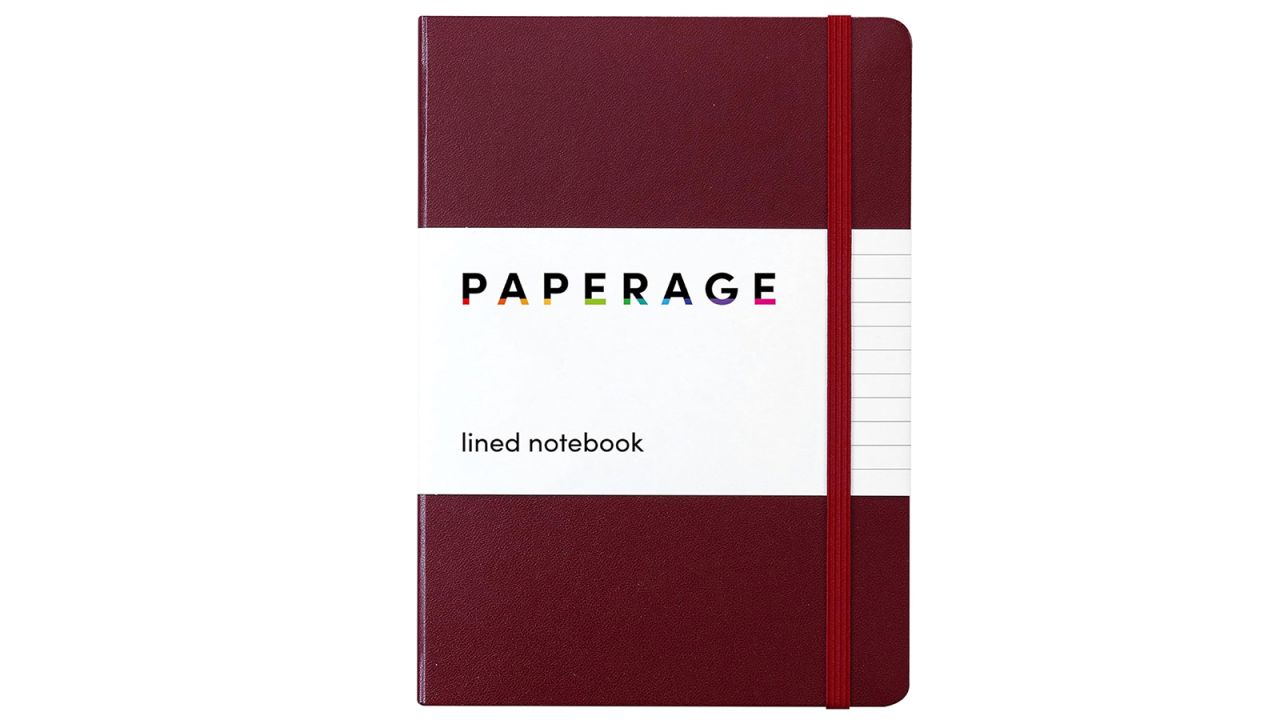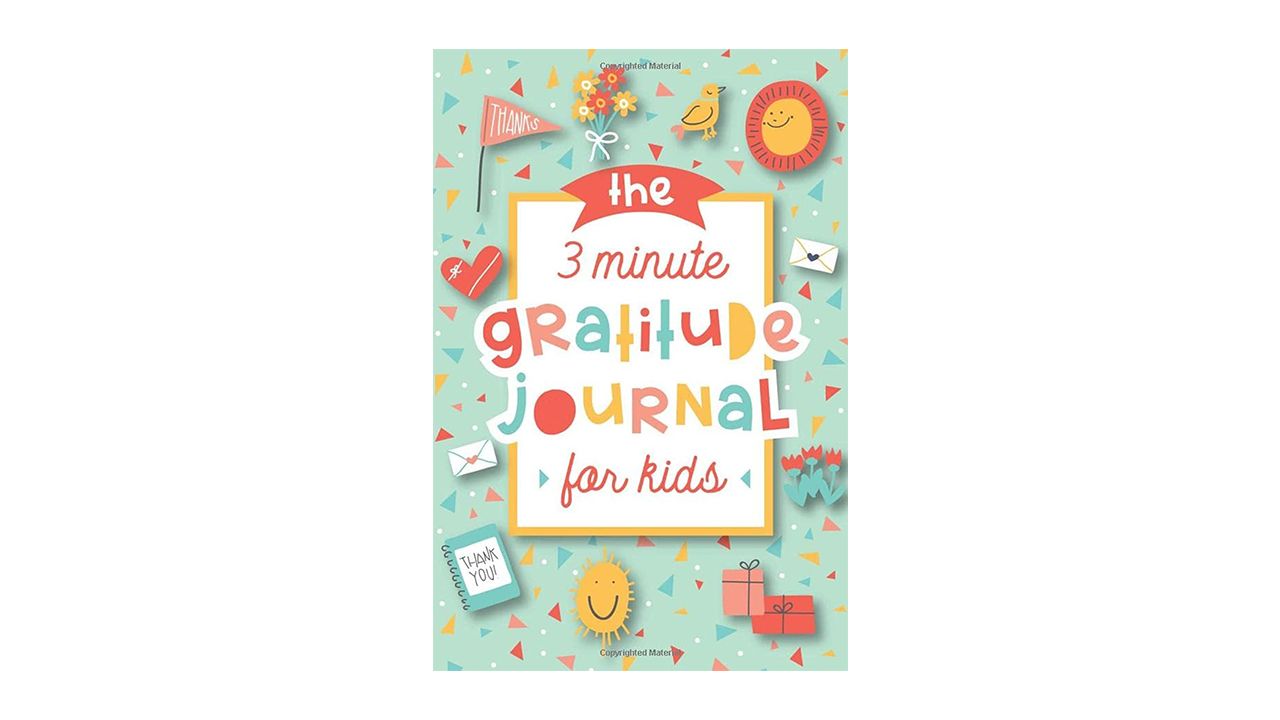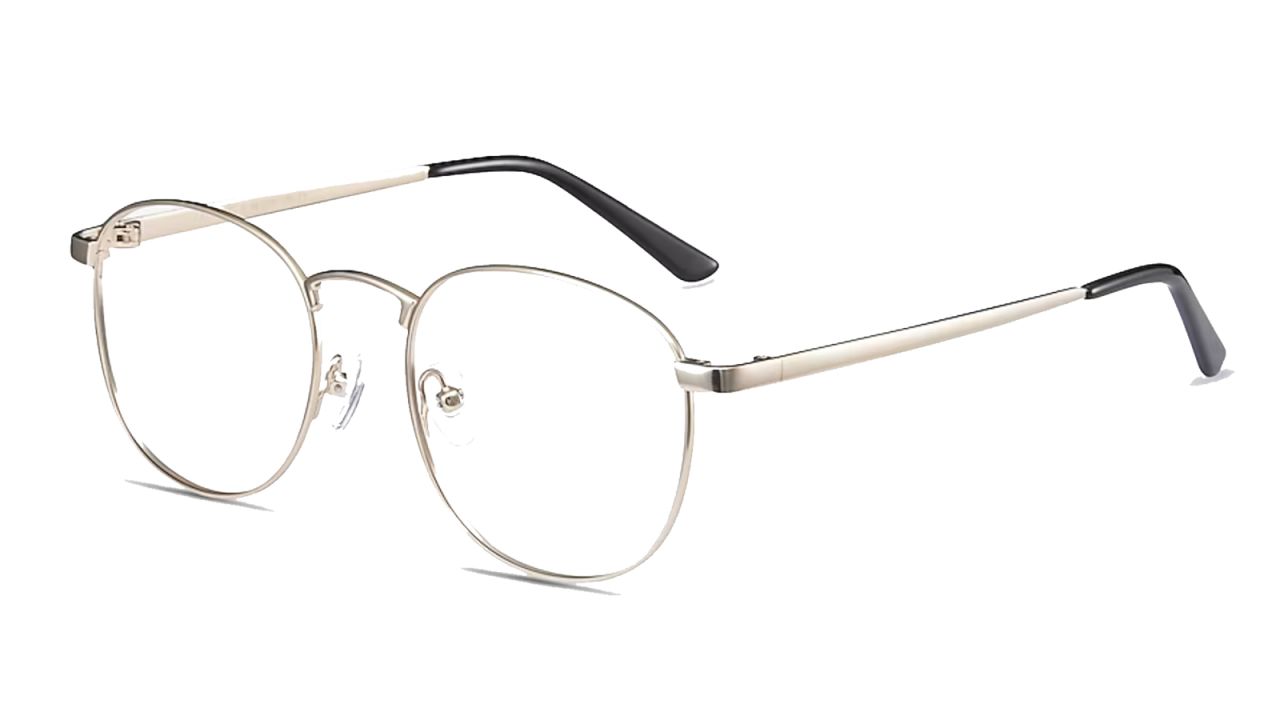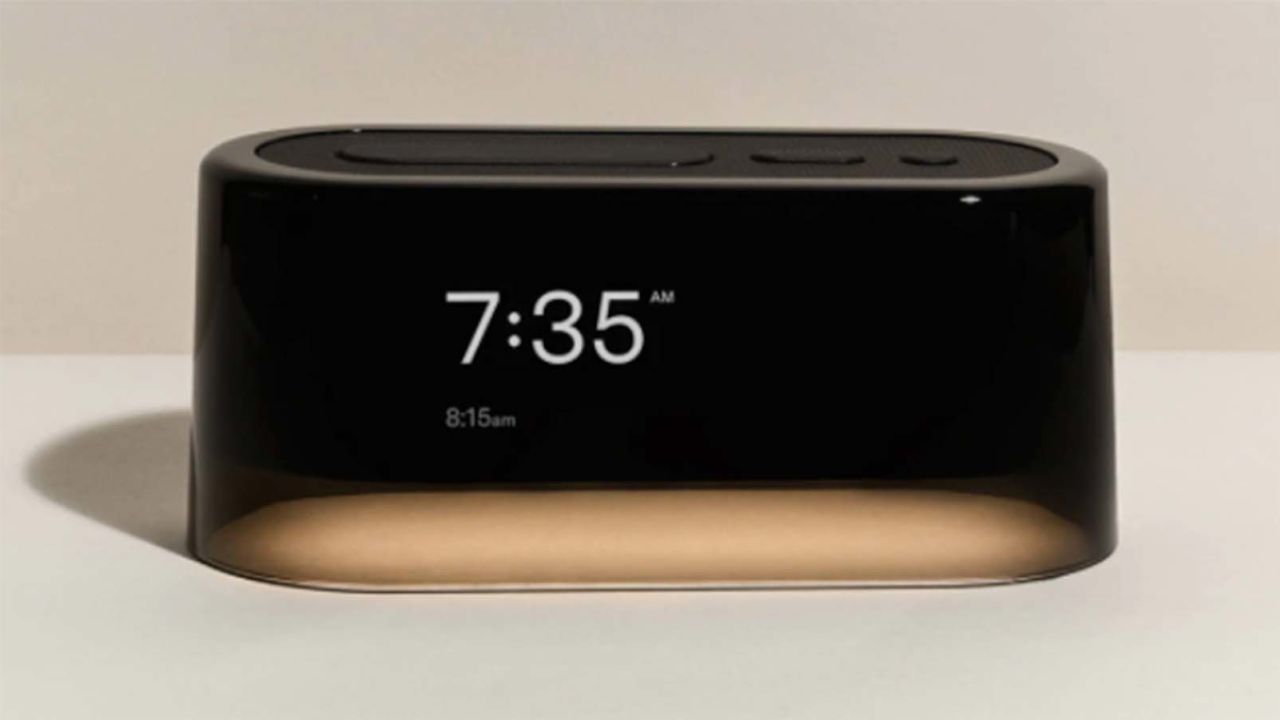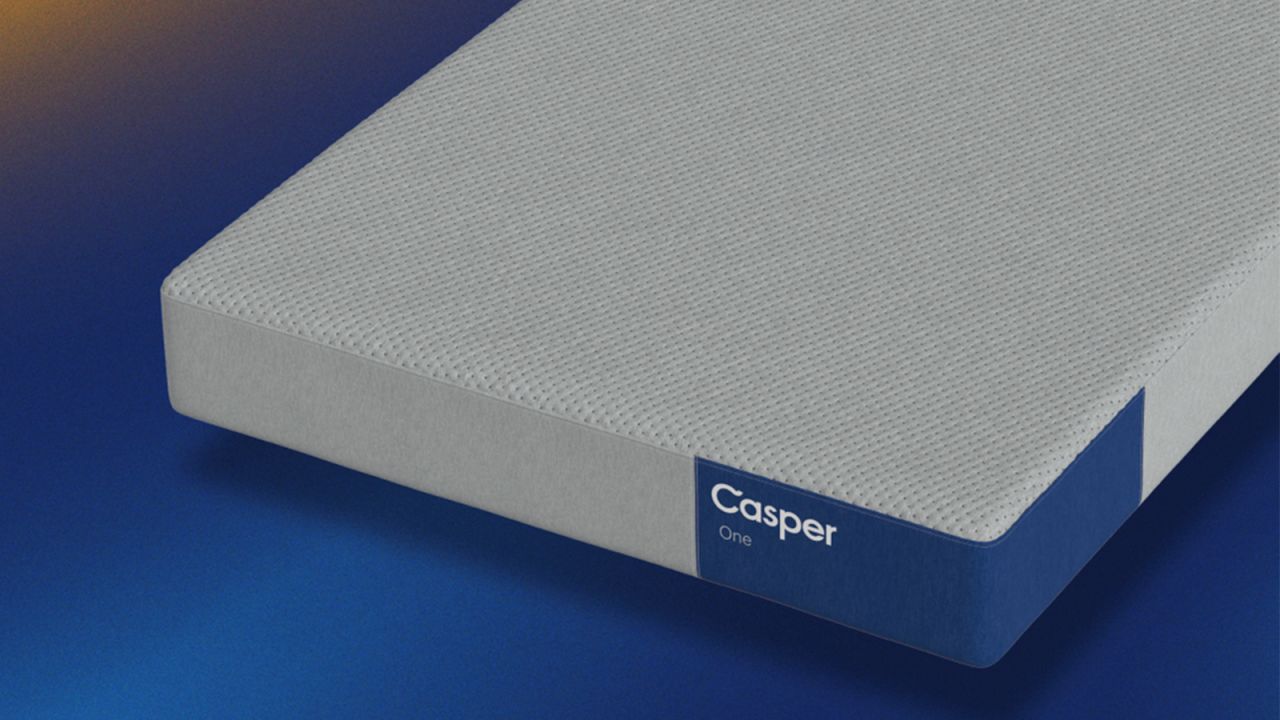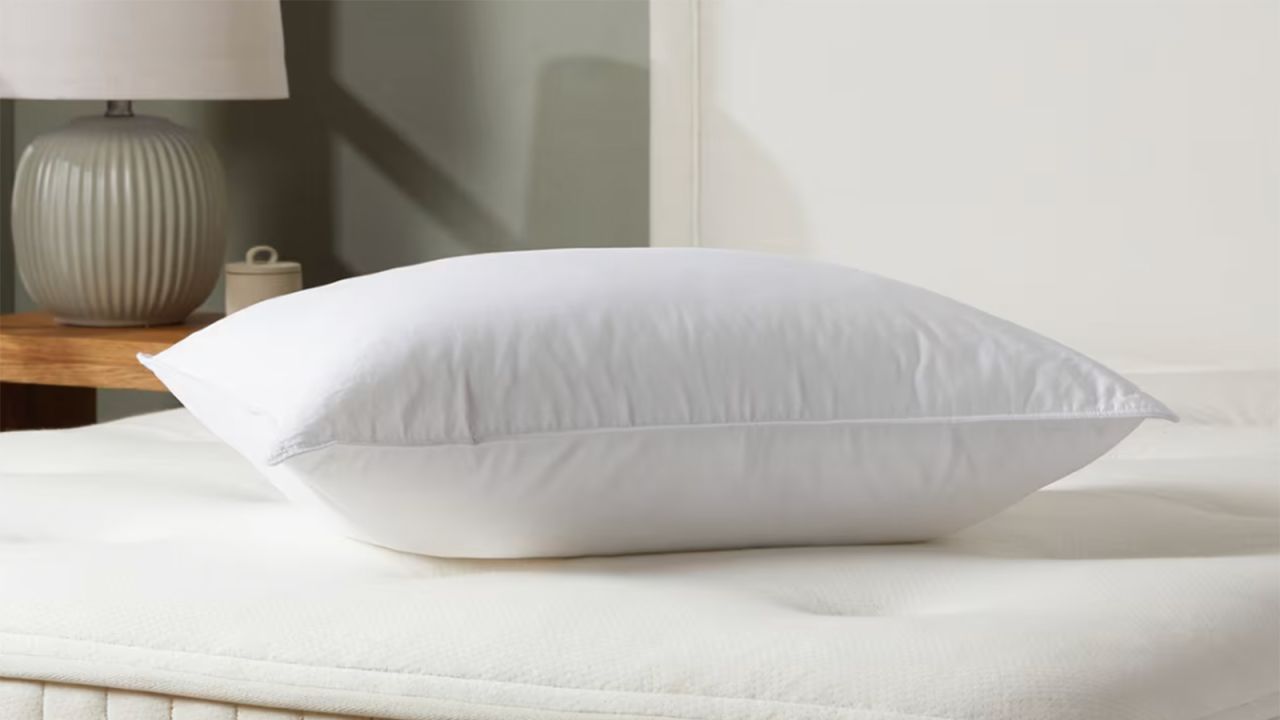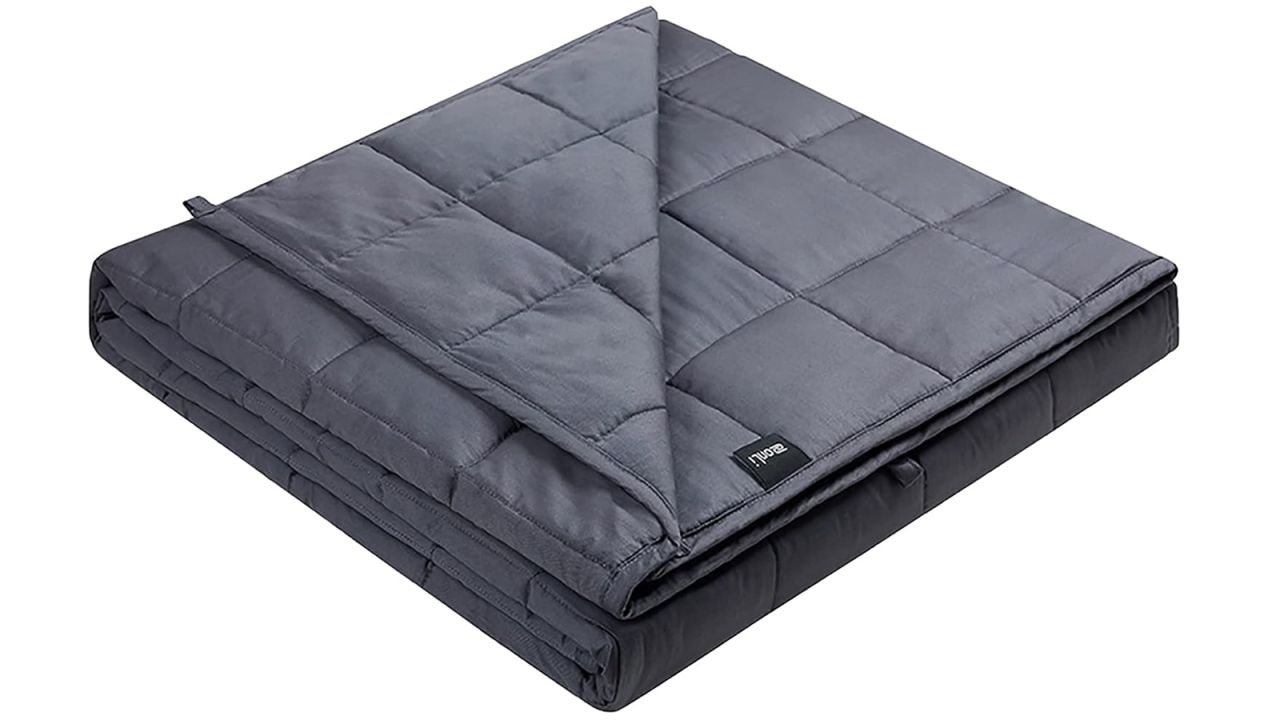This article is a part of CNN Underscored’s Guide to Sleep, a weeklong focus on everything you need to sleep better. We’ll be featuring new products, tips and exclusive deals all week, so check in every morning to see what’s new.
Getting sleep and getting truly restful, quality sleep can be two different things. Factors like work, stress and other daily habits can all take a toll on the condition of your sleep. To find the best ways to get your sleep schedule back on track, we talked to experts who gave us their best tips and tricks to have you waking up more fully rested.
Why is sleep important?
Experts recommend that adults get seven to nine hours of sleep every night. If you’re cutting this time short, you might not be giving your body enough time to fully transition through all the sleep cycles, including the deep-sleep stage where the body is fully relaxed.
“It is during this stage of deep sleep that our brain consolidates and processes information from the day, which is very important during stressful times,” says Dr. Whitney Roban, clinical psychologist, author and founder of Solve Our Sleep.
Roban explains that stress and anxiety are the biggest culprits preventing people from getting a proper night of sleep, since they cause chemical disruptions that prevent the body and brain from being able to fully wind down.
“Our bodies release cortisol in times of stress,” Roban says, “which leads to lower melatonin levels and trouble falling asleep, as well as interrupted sleep.”
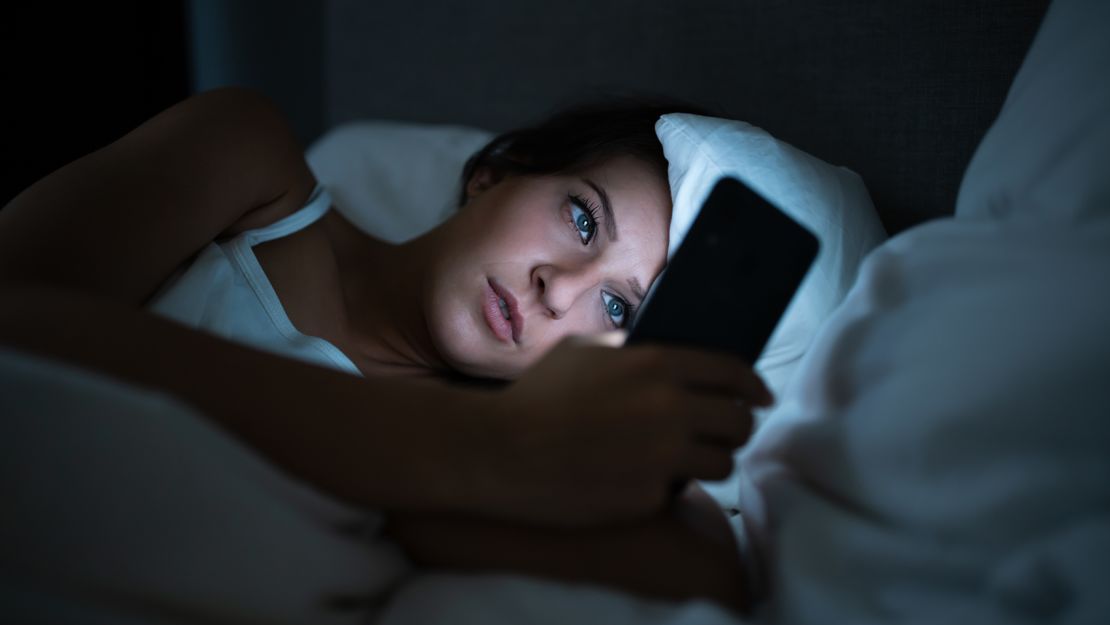
While many of us know the tired and groggy physical sensations that come with a bad night of rest, Dr. Judy Ho, a clinical and forensic neuropsychologist and the host of the “SuperCharged Life With Dr. Judy” podcast, explains that our sleep also affects many other aspects of our mental and emotional well-being.
“Sleep is crucial for us to be able to make good decisions, regulate emotions well, be in a better mood, boost immunity, improve attention and memory, lower blood pressure, maintain healthy weight, reduce diabetes and keep our heart healthy,” she says.
Ahead, we’ve gathered our experts’ recommendations for how to improve our nighttime routines for better, deeper sleep and a more energized mind — and some of them are simple changes you can start making right now.
Put the phone away
Our phones are often how we keep in touch with the rest of the world, whether that be checking the news, catching up on social trends or chatting with friends and family members. And while you might already know that being attached to your phone isn’t the best thing for your mental health, you might not realize how it’s also affecting your physical health.
“Constant contact with your phone can hinder both productivity during the day and your sleep quality at night,” says Matthew Ross, certified sleep science coach and co-founder of The Slumber Yard.
Beyond the negative aspects related to blue light, having your phone next to you can make you feel anxious, he adds, since when your phone is in reach you’ll be more tempted to check the latest breaking news or start endlessly scrolling. Ross suggests charging your phone in a different room at night. Another way to ensure you won’t be reaching for your phone when you should be sleeping? A phone safe.
This clear personal storage box allows you to store the family's devices, making them accessible only by using a three-digit combination lock. Having to undo the lock will make you think twice before accessing your device.
For a more tech-forward lockbox approach, try this Mindsight box, which holds four to five phones and has a built-in timer to make sure all hands stay off.
And if you just need something to help with your own personal self-control, try this ySky box, which also lets you charge your phone so it’s ready to go when you need it again.
Stretch before bed
Ross also recommends doing 15 to 30 minutes of light stretching before you settle into bed to help loosen and relax your muscles. “It’s often difficult to fall asleep when your muscles are tense and tight, which can happen during times of extreme stress,” he says. “If you go to bed tight, you’ll likely end up tossing and turning frequently in order to find a comfortable position.”
Ho agrees that exercise can aid in getting good sleep, and that doesn’t have to mean long, intense gym sessions. “Be creative around the house,” she says. “Dance, exercise to a YouTube video, clean the house at a fast pace to music.” She recommends exercising before the early afternoon for the best chance at improving rather than disrupting sleep. Having a trusty yoga mat on hand, such as this top Lululemon pick, will help remind you to take a moment to stretch or set aside time to work up a sweat.
You can also use a foam roller — like this one, which is easy to stash in a corner when not in use — to help target muscle tightness and work out knots in your body.
If you’re looking for something new to ease that laptop-induced neck and lower back tension, you could give this yoga wheel a whirl. It comes with suggestions for poses, but there are tons of tutorials available online as well.
These exercise bands from Fit Simplify are an easy and compact way to stretch out after a long day. This pack comes with five different resistance levels so you can tailor your stretch to your needs.
After a stressful day, there’s nothing like a good massage. With a Theragun, you can give extra attention to tense areas while at home or on the go.
Wear an eye mask or earplugs
Getting proper high-quality sleep also helps keep your immune system in tiptop shape, allowing your body to be more resilient when fighting mild illnesses like the common cold.
One of the ways to help sleep more deeply is to limit your exposure to light in the hours leading up to bedtime. Multiple studies have found that being exposed to large amounts of artificial light at night, like the overhead lights in your bedroom, can disrupt melatonin production, making it harder to fall asleep. Instead, opt for dimmer, ambient light in your space, and when you’re ready to close your eyes for the night, consider reaching for a sleep mask to create a fully dark, distraction-free sleep space.
Underscored’s pick for best sleep mask, the Mavogel will help block out residual light from all angles, thanks to the adjustable head strap and nose bridge that help create a personalize fit for every sleeper.
For hot sleepers, a cool-to-the-touch silk eye mask may be a better fit. This luxurious option from Brooklinen comes in nine colors and patterns, and it’s super breathable for all-around comfort while you sleep.
Skip the overhead lights and switch on this Loftie lamp instead as you get ready for bed. With several modes including reading mode, red-light mode, plus wind down and sunrise options, you can customize your bedtime routine with the light that best helps you decompress.
For even an even more immersed sleep experience, use earplugs to help soften stray noises coming from beyond your bedroom. This tub of Mack’s earplugs is a bestseller, and these earplugs are praised for being super comfortable.
If your sleep is being disrupted by loud sounds like snoring bedmates or noisy neighbors, Roban recommends trying a sound machine to drown out or dull them. This one comes with six nature-inspired sounds, and it’s a great size for taking on the go if you have a noisy sleep partner who tends to travel with you.
Soothing aromatherapy products, such as these bestselling lavender, eucalyptus and rosemary bath salts or a chamomile-scented candle, are calming to the mind and body before drifting off to sleep, Roban says.
Write in a gratitude journal
Taking a few minutes at night to unpack the day’s mental load can also lead to better sleep, according to certified sleep expert Martha Lewis, founder and CEO of The Sleep Detective. Lewis recommends taking a moment to reflect on your day and think about what you’re grateful for, citing a British study of 401 adults that found gratitude increased the quality of sleep, decreased the time it took to fall asleep and lengthened how long people slept.
“Since gratitude activates our hypothalamus and our hypothalamus controls our sleep, when we are thankful it makes it easier for us to fall asleep,” Lewis says. She recommends using a gratitude journal to write down three things you’re grateful for every day.
This Five-Minute Journal makes the daunting task of journaling feel more manageable. With five simple prompts, you may feel much clearer after jotting down just a few lines, and you’ll also have a concise record of your days ready at a glance.
If you prefer unprompted journaling, grab this Paperage journal that comes in 24 colors. Perfect for whether you want to give gratitude, make plans for the day ahead or just brain dump your thoughts to go to sleep with a clearer mind.
Get the kiddos involved with a gratitude journal made just for them, with fun things to fill out and prompts to brighten their perspective.
Try blue-light-blocking glasses
If you spend a lot of your daylight hours in front of a computer or TV, the blue light emitted from these screens could be suppressing melatonin, which has been shown to help with the quality of sleep. Lewis recommends trying a pair of blue-light-blocking glasses to help decrease this effect.
With this top-rated two-pack of AOSM glasses, you can keep a pair at home and at the office, or gift the extra to your sleep partner to help improve their rest too.
Another highly rated option, these Swanwick glasses promise to block up to 100% of blue light and reduce screen glare for clear vision during your workday or while streaming your favorite shows.
For a slightly trendier look, shop these St Michel frames, available in seven finishes and three sizes with various levels of blue-light lens protection.
Follow a routine
If you don’t already have one, try setting up a nighttime routine that lets you go to bed and wake up at approximately the same time every day.
“Do something that relaxes you — yoga stretches, deep breathing, journaling, reading a nondigital book, listening to relaxing music — every night before bed,” Roban says. Our bodies thrive on consistency, and sticking to a routine helps signal to the brain and body that it is time for sleep.
If you work mostly from home, Ho recommends trying to keep some sort of physical separation between your productive workspace and your relaxing, sleeping space.
“Make sure you have hours for work — and locations within the home associated with work,” Ho says. “Mimic the idea of leaving work where you stop working by early evening or late afternoon and go to the other areas of your house associated with relaxation.”
Once you’re awake, Ho says to make time for sunlight. “Depending on your skin type, aim for 10 to 20 minutes of sunlight in the morning, even if it is indirect, such as via a windowsill,” she says. “This helps to regulate your circadian rhythm, which is important for sleep.” And if your space gets limited natural light, mimic the effects of rising at dawn with this Philips sunrise alarm clock.
If you’ve got your phone locked up for the night, you may need a new alarm clock to help keep that regular schedule. Our pick for the best overall alarm clock, the Jall Digital Alarm Clock looks sleek and is simple to use, ensuring you get up on time every morning.
If you’re really looking to make your nightstand more luxurious, this Loftie clock will gently wake you up and help lull you to sleep with a large library of soothing meditations, soundscapes, white noises, sound baths and even bedtime stories.
Upgrade your sleeping arrangements
If none of these other tips are helping to improve your sleep, then it might be time to take a look at the things you’re actually resting on. Maybe your head and neck could benefit from a more supportive pillow or perhaps it’s time to give your back a break with a new mattress. You don’t have to upgrade everything in your bedroom at once, but for serious cases of sleep deprivation, which Roban says can be related to emotional issues like anxiety and depression or behavioral issues like inattention, impulsivity, irritability, lethargy and poor memory, trying a new sleeping setup can be worth a shot.
Roban suggests investing in a comfortable mattress and pillows, as well as soft sheets. We like this Casper mattress for its budget-friendly price point, temperature control, supportive core and overall comfort.
If you’re not feeling supported while you sleep, it might be time to look for a new pillow. Whether you’re a side sleeper, back sleeper or stomach sleeper, we’ve tested plenty to help find you the perfect pillow. We loved the soft and squishy fill of this Parachute pillow and the choice of firm or soft options for more customized support.
“Uncomfortable sleep surfaces will decrease sleep quantity and quality,” Roban says, adding that a weighted blanket can “help relax the body while lounging during the day, as well as when falling asleep at night.” We love this Bearaby napper that’s super breathable despite its chunky, knitted look.
For a more affordable option, this ZonLi blanket comes in weights ranging from 7 to 25 pounds, which makes it a great choice for both kids and adults.

